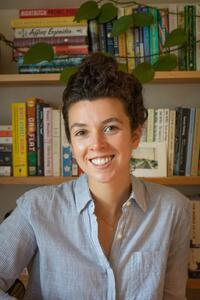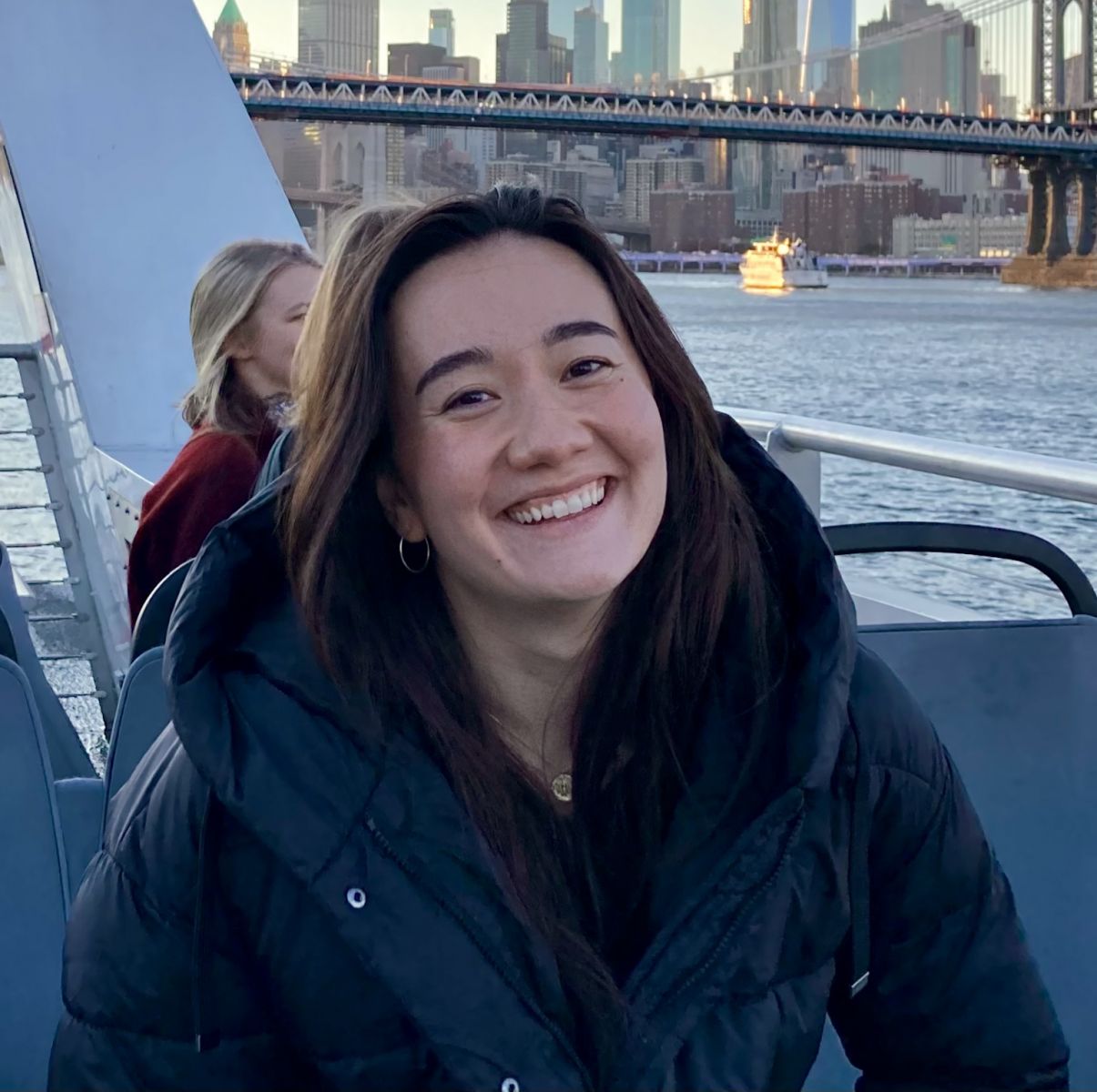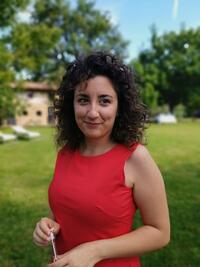May 14, 2024
Yale Environmental Humanities is delighted to announce the seven 2024 recipients of the Graduate Certificate in the Environmental Humanities sponsored by the Yale Graduate School of Arts and Sciences.
The Graduate Certificate is open to Yale doctoral students and professional school students who seek to establish a strong foundation in environmental humanities topics and methodologies across the humanities disciplines. Students must take three approved graduate classes and participate in a yearlong workshop to discuss key concepts and developments in the field. Students also complete a teaching or public humanities requirement and present their scholarly research to an interdisciplinary audience.

Meenakshi A (History)
Meenakshi A studies the environmental and infrastructural histories of twentieth century South Asia. Her current research project explores the history of cement-concrete as material technology in colonial and post-colonial South Asia with a focus on themes of mineral extraction, engineering expertise, labour practices and energy. The Environmental Humanities program has shaped her methodological approaches to studying histories of twentieth-century environments, and in particular, illuminated the central place of energy history within them.

Kristine Ericson (History of Science and Medicine)
Kristine Ericson studies histories of design, technology, and science. Her dissertation examines 20th-century simulations of natural disasters conducted by property insurers, product manufacturers, and filmmakers. She has explored her interests in built and natural environments through teaching fellowship positions at the Yale School of Architecture and in the history department. As an architectural and visual designer with industry experience, Ericson reflects that the Yale Environmental Humanities program has been a welcome meeting ground for her academic and creative interests.

Charlotte Hecht (American Studies)
Charlotte Hecht focuses on landscapes impacted by US militarism, scientific experimentation, and industrial production. In particular, she has drawn upon her studies in visual culture and human geography to think about the far-reaching impacts of nuclear testing and energy. Her dissertation combines archival work, landscape analysis, and personal history to reflect on the precedents and legacies of the American nuclear industry. For her, involvement in the environmental humanities “means being committed to producing scholarship that is public facing and can provide context to the environmental and societal challenges of our present moment.”

Maeva O’Brien (English)
Maeva O’Brien studies the affordances of literature for thinking through the Anthropocene. More specifically, her dissertation examines the forms and poetics of literary narratives about nuclearized environments to theorize the edges of humankind’s temporal imagination and its experience of epochal shift. Her coursework turned to 19th century American art and literature, Cold War-era cultures of militarism, and contemporary postcolonial literature to relate aesthetic form and historical disaster, rupture, and foreclosure. O’Brien credits the environmental humanities for opening up a path of “interdisciplinary humanist inquiry” that helps her understand the relations between long and short histories, literary form, and the material world.

Federica Parodi (Italian Studies)
Federica Parodi researches the connections between cultural subjectivity and physical space in Italy during the 1960s and 70s. Her studies of soundscapes and early modern ecologies inspired her dissertation, which explores the ways in which Italian art reconfigured political sentiments through tropes of revolution and protest. For Parodi, engagement with the environmental humanities’ interdisciplinary cohort “fostered collegial dissension” that enriched her critical and scholarly research.

Tanmoy Sharma (Anthropology)
Tanmoy Sharma studies the interactions between corporations, communities and the state in natural resource extraction in order to understand the realities of economic development in South Asia. Courses about agrarian societies, politics and culture of the oil industry, and material semiotics challenged him to understand the politics of natural resources and the material world. The environmental humanities helped him to “think beyond disciplines” in understanding human engagements with their surroundings.

Lydia Tuan (Film and Media Studies and Italian Studies)
Tuan’s film-based ecocriticism works with the cinematic representations of landscape. Her studies of German, Italian, and Austrian films inspired a dissertation showing how the four classical elements—fire, earth, air, and water—can articulate narratives of migration, abandonment, and ecological disaster. She notes that her environmental humanities coursework has changed the way she understands the medium of film.